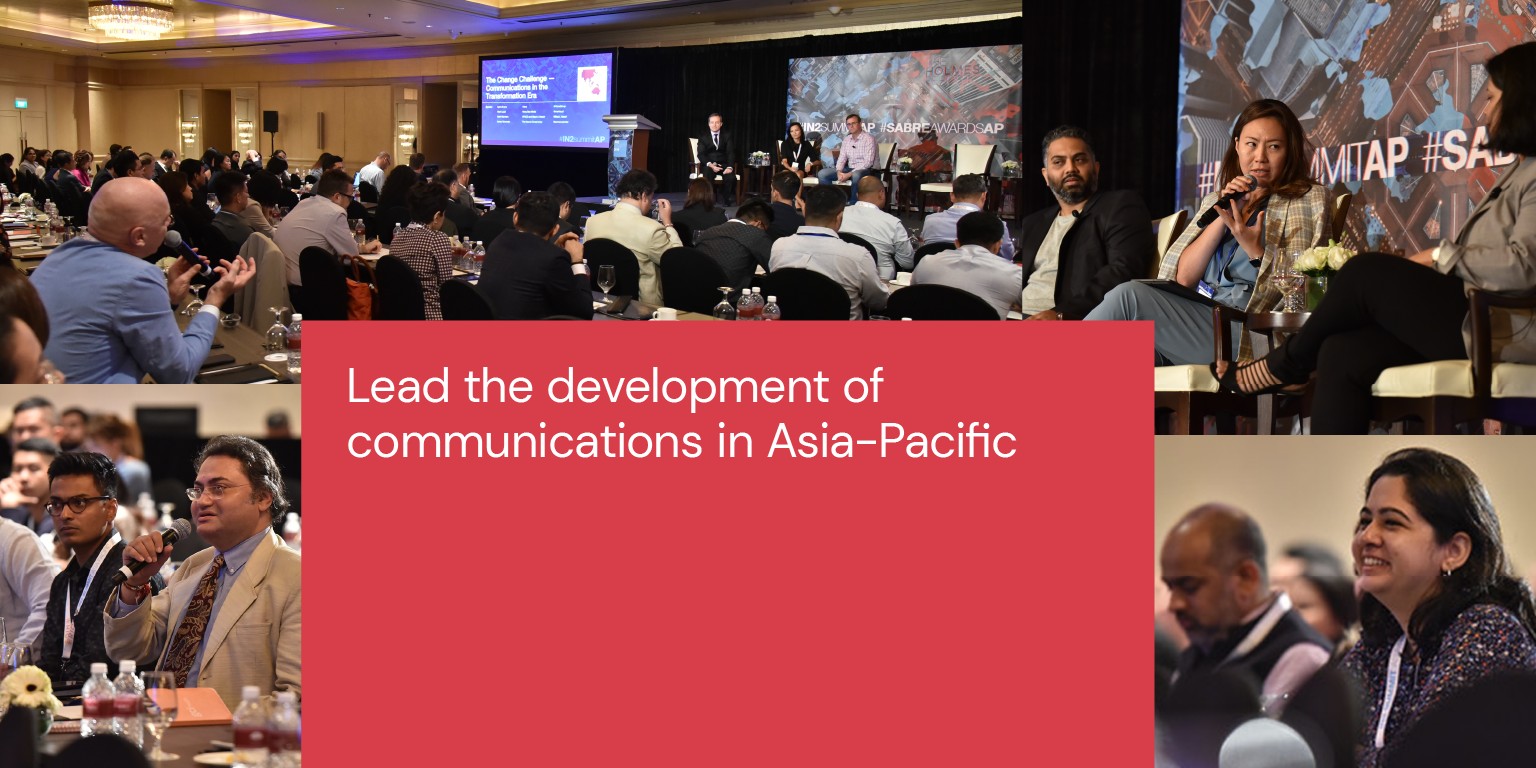
Who likes to be confused? Who loves to act when so much is uncertain, or unknown? And to quote the infamous Donald Rumsfeld, what do you do when there are so many known unknowns? Not me. But I’m ok with uncertainty. Maybe it’s because of the region I’m in (try getting details on how to travel in the Middle East during Covid, seriously), or maybe it’s because I understand that things evolve, and it’s not always easy to find every single piece of information from the get-go. Things evolve, and we must understand that.
Sometimes, I feel as if I’m in a minority when it comes to being comfortable with uncertainty. I used to work with a firm where everything had to be understood, every fact and detail presented to management. I’d chase and chase and chase, and spend both time and energy to do this. And I’d do this knowing that I wouldn’t be able to get everything asked of me, especially if it was related to government. Either the people I would be asking didn’t have the full picture, they didn’t care (yes, it happens), or they’d be too busy to respond.
In this situation, I’d have to make an educated guess, based on my thoughts and experiences. It’s not perfect, but how many times in our life are we certain of everything? It’s understandable that we crave the safety of certainty. As Author David Rock writes in his book Your Brain at Work, “The brain craves certainty. A sense of uncertainty about the future and feeling out of control both generate strong limbic system responses.”
And that for me is the rub. To paraphrase Eckhart Tolle, “When you become comfortable with uncertainty, Infinite Possibilities open up for communications.”
Those that are uncomfortable with uncertainty are missing out on opportunities to communicate better. And we also become open to trying new things, to experimenting and taking risks. Even though I’ve worked in the industry for two decades, I can never be sure of any outcome. But it doesn’t mean that I won’t try. And that’s because I’m ok with uncertainty, and not knowing all possible factors and outcomes. I’ll collect enough information and look to make a judgement on what I have in front of me.
It’ll do us all good to be ok with uncertainty, and this must be one of the lessons of the past two years (who hasn’t been faced with uncertainty in 2020 and 2021?). Let’s collect and analyze data, and make a judgement. But let’s do it quickly, without excess resources being spent on chasing data or information which we often can’t get or doesn’t exist. The most exciting opportunities often lie beyond the initial uncertainty. Go on, take a risk. It’ll make you a better communicator.













